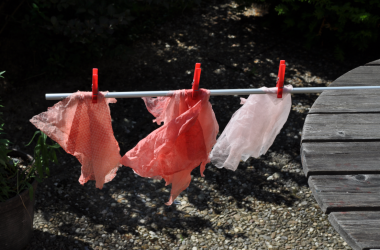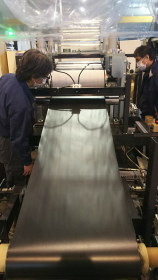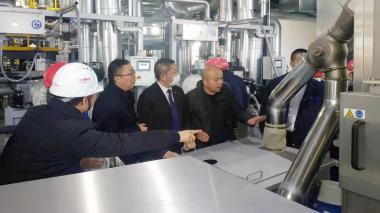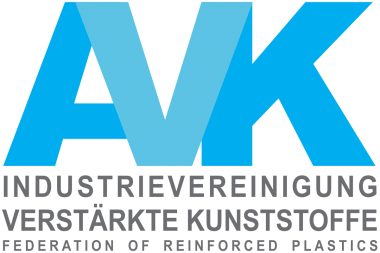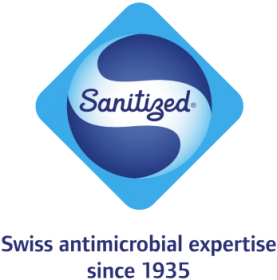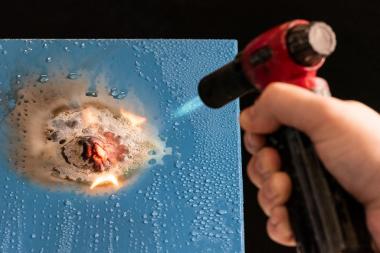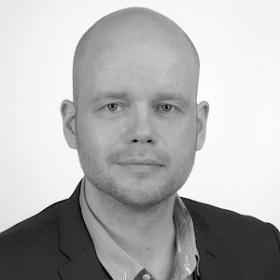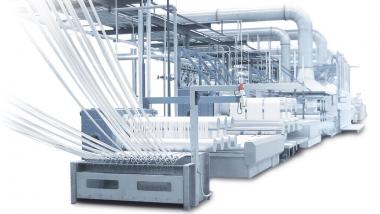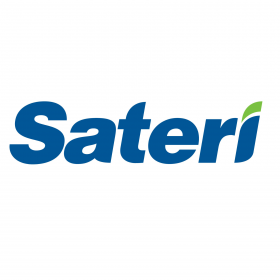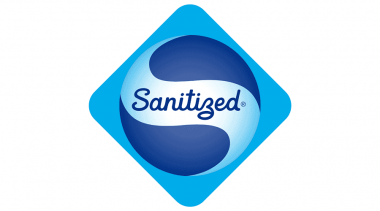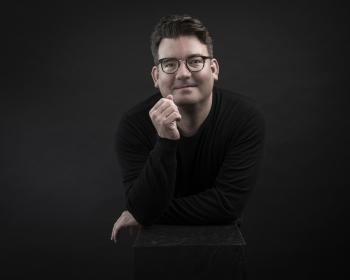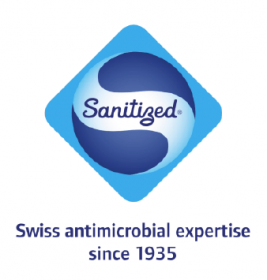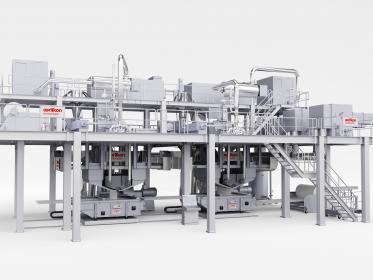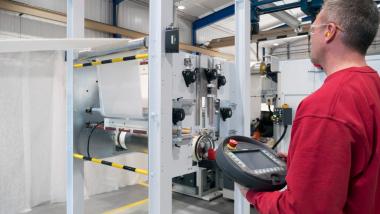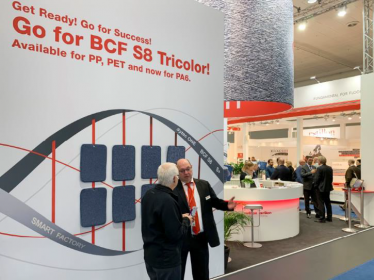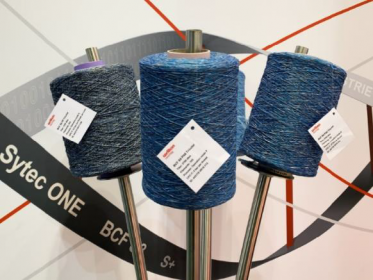Arginine coating of non wovens reduce infectivity of SARS-CoV-2
Patients as well as air-condition and ventilator systems spread SARS-CoV-2 virus as aerosols which settle on surfaces and remain there infective for more than 72 hours. That‘s why the pandemic has triggered an intensive search for Personal Protective Equipment PPE whose surfaces have antiviral properties, e.g. are able to bind and inactivate adhering virus.
In this context the chemical stability of the materials being used for PPE, polypropylene PP and/or polyester PET, is a challenge. More precisely, the absence of so-called ‘functional groups‘, like -OH, -COO-, -NH3+ at the material‘s surface. These groups are the fundamental basis for surface chemistry – specifically for attaching antiviral compounds onto the surfaces of man-made fibers.
Antiviral surface modification with the basic amino acid Arginine Arg is a new approach to inactivate SARS-CoV-2. - bionic surfaces‘ - development was tested according to ISO 18184:2019 „Determination of antiviral activity of textile products“ at Institute for Virology and Immunology at University Wuerzburg, Germany. - The finding: „[Six hours] incubation on [Arginine] coated NW reduced viral infectivity by more than five orders of magnitude.“ In other words: An amount of, for example, 10.000.000 virus is reduced to 100 (by five orders of magnitude).
- bionic surfaces – has more than 30 years experience in wet-chemical surface modification of man-made polymers like PDMS, PP, PE, PTFE.


